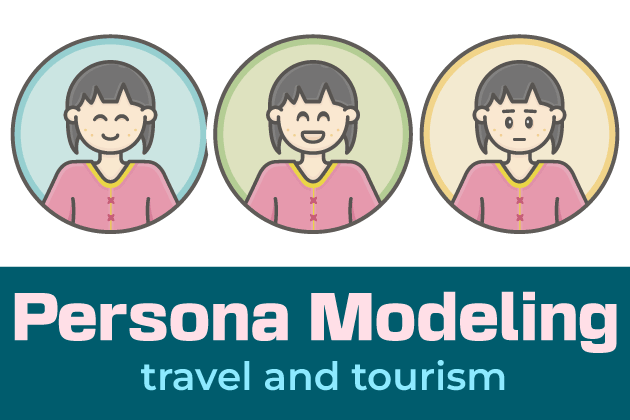Blog

In the ever-evolving landscape of travel and tourism, understanding your B2B clients is paramount. Enter persona modeling—a technique that allows Destination Management Companies (DMCs) to craft specialized strategies for various tour operators. Here's how this approach is transforming the way we engage with the B2B market in the travel industry.
- Details
- Hits: 1871

DATA ANALYSIS and PERSONA MODELING
Not sure of target market? Time to develop persona modeling skills. For SM, see number 4 below.
- Details
- Hits: 1983

Social Media Analytics for Small Business - Some Ideas as to how one starts
Social media analytics offer a wealth of insights that can be harnessed in various ways.
- Details
- Hits: 1845
Read more: From Insights to Action: Harnessing Social Media Analytics for Business Growth

ChatGPT and Generative AI for Tourism Part I
Imagine an invisible assistant that can compose creative, accurate, and captivating content for your travel business within minutes.
- Details
- Hits: 2083

Importance of Social Media in Travel Marketing
Understanding the reach and influence of images and narratives. Providing small operators with competitive advantages when 'going direct' to consumers.
- Details
- Hits: 2107

Social Media and Your Brand
Easy Steps to Building an Online Visual Presence that Resonates with potential clients.
- Details
- Hits: 4771
Read more: How to Communicate a “Branded” Image on Social Media

Practices on Social Media that will attract the "Green Traveler"
Step-by-step instructions to increase visibility an gain market and mindshare.
- Details
- Hits: 2286

How to Use Buyer Personas in Social Media Marketing
- Details
- Hits: 2011
Read more: Personas for Social Media Targeting - Kep and Kampot - Cambodia